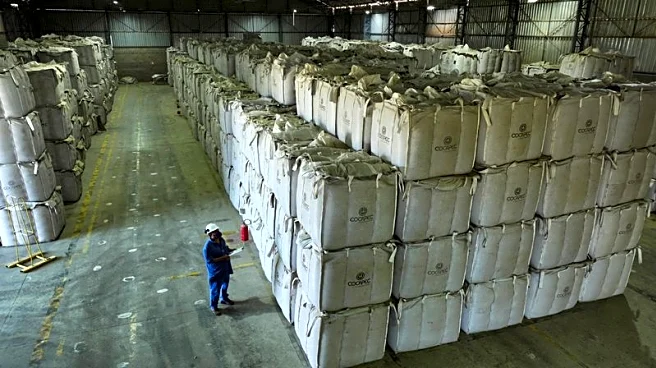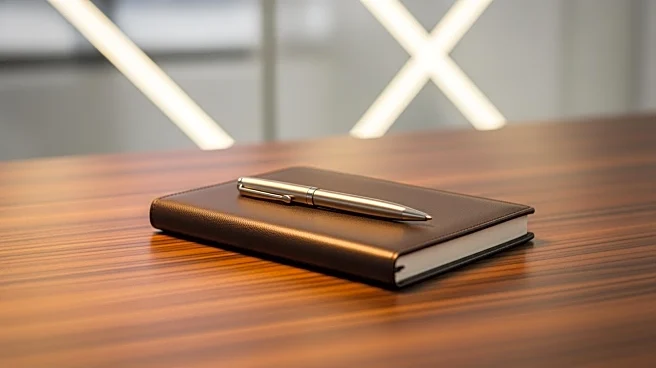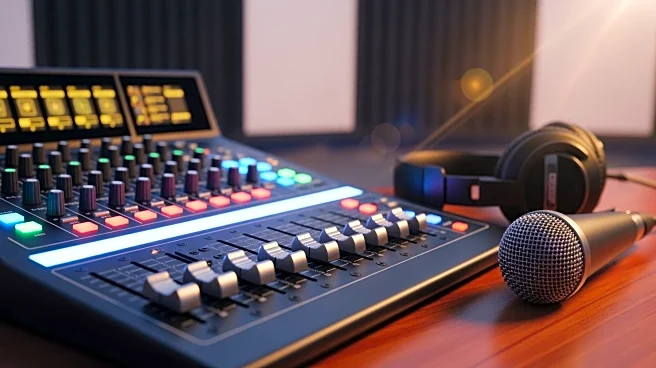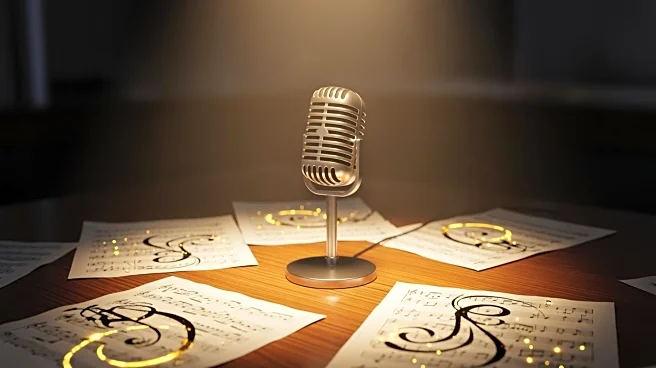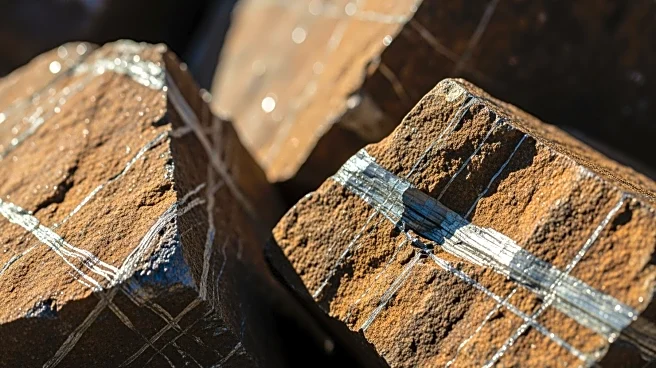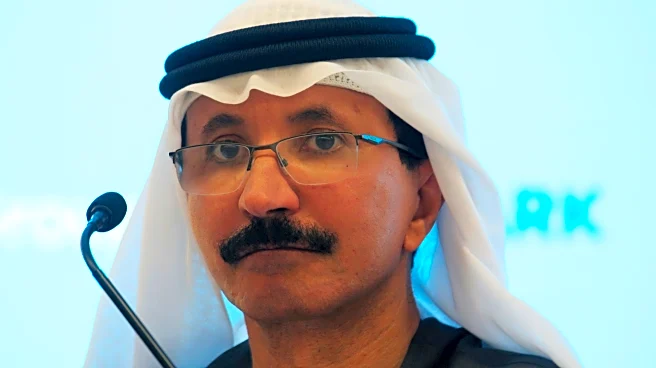By Oliver Griffin
SAO PAULO (Reuters) -Re-exporting Brazilian coffee beans via third countries is not a strong alternative for getting past U.S. import tariffs, while the country's instant coffee industry
has seen a significant drop in sales to the United States, industry leaders said on Tuesday.
Brazil is the world's largest producer and exporter of coffee, while the United States is the world's largest consumer. President Donald Trump's decision to impose a 50% levy since the start of August on most Brazilian goods, including coffee, has roiled international coffee markets.
"We don't see this possibility (of re-exporting), this is something that has already been discussed since the beginning," Marcio Ferreira told journalists, during a press conference.
Though some finished products are exported from other countries to the United States, sending raw beans via third countries would be "very easy for the American government to spot," Ferreira said.
Tariffs imposed by the United States on Brazilian goods have hit the country's instant coffee industry hard, said Aguinaldo Lima, executive director at ABICS, an organization representing Brazil's instant coffee producers.
According to numbers from ABICS, Brazil's instant coffee exports to the United States in August fell 59.9% to 24,460 60-kilogram bags, versus the 65,914 bags exported in the same month last year.
"This is detrimental not only to our industries, but also to our trading partners in the United States," Lima said.
The U.S. tariffs on Brazilian goods came into effect on Aug. 6. Since then, the International Coffee Organization and Brazil's national crop agency Conab have both warned that the tariffs could push prices higher.
With Brazil the world's second-largest coffee consumer, that could begin to impact inflation at home, Celirio Inacio, executive director at the Brazilian coffee industry association (ABIC) said.
"Coffee is becoming more expensive for consumers again, and this is causing complaints from consumers and will directly contribute to inflation here in Brazil," Inacio said.
(Reporting by Oliver Griffin; Editing by Mark Porter, Frances Kerry, Alexandra Hudson)
